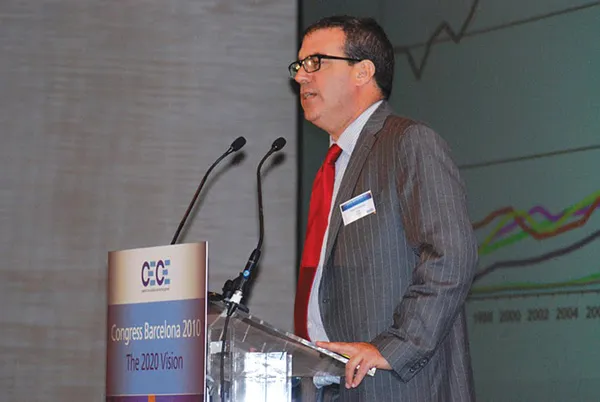
Dynapac is taking an unusual step in the construction sector by partnering with a leading road contractor, AJAX Paving, to address mental health issues in the industry. The two firms are working together on an initiative from the National Asphalt Paving Association (NAPA).
Jamie Roush, president of Dynapac North America said that there is a need to shine a light on the problem of suicide in the construction industry.
Construction can be a dangerous industry to work in but according to Roush, around 2-3 times as many of the workforce will die at their own hands than from workplace accidents.
This shocking figure should be of serious concern. Given the shortage of people entering the industry and the large number of older personnel retiring, construction cannot afford to lose anyone through suicide. And this is without considering the sheer human cost of so many avoidable deaths.
Roush said, “We hope this will grow and that the initiative will get people talking.”






